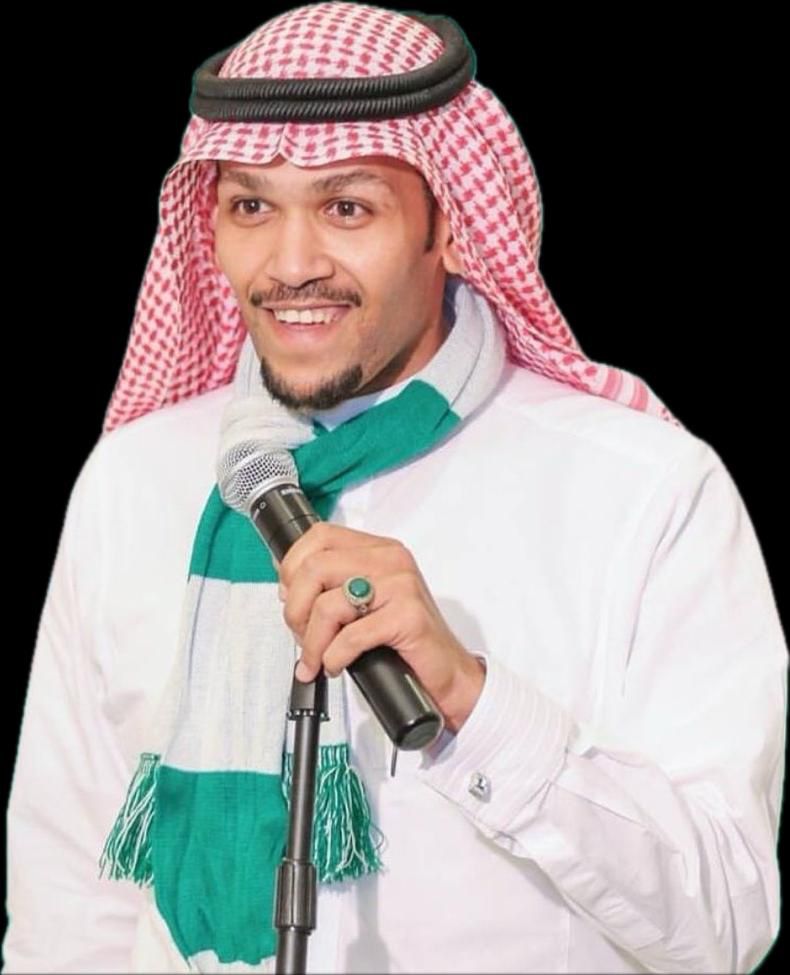RIYADH: The roar of the crowd, the rhythmic beat of the drums, the palpable energy that flows through every Saudi football fan; to them it is more than simply a sport, it is a cultural phenomenon. From the youngest to the oldest, football permeates every aspect of their lives.
Saudis are renowned for their unwavering passion for The Beautiful Game, cheering on their local teams with fervent dedication and extending their devotion to include support for adopted international clubs. The diversity of the favored teams they choose to support surely speaks volumes about the deep-rooted presence and status of the sport in the country.
The unique stories and memories of these passionate fans demonstrate the profound effect football has had, and continues to have, on Saudi society.
Omar Khayyat, 29, is a devoted Al-Ittihad supporter from Jeddah.
“Al-Ittihad isn’t just a team, it’s like our homeland club,” he said.
His first experience of a live match came when he was a young member of the Al-Ittihad swimming team. Team members would often attend the club’s football matches.
“It felt like I was part of something bigger; the chants, the roar of the crowd chanting ‘One, one, one, Itti is No. 1’ — it was electrifying,” he added.
Khayyat believes Saudi Arabia will be the perfect host for the 2034 World Cup.
“Our society thrives on football,” he said. “Hosting this event would showcase our love for the sport and reveal how it’s woven into the fabric of our culture.”
Nawaf Bakhsh, 25, another dedicated Al-Ittihad fan, said: “I’ve been to countless games, like the one against (Korean team) Pohang Steelers, the Emirati team Al-Ain, and local matches against Al-Shabab and Al-Faihaa. The feeling of supporting my team is incredible.
“I’ll never forget the Club World Cup match against Auckland City in Jeddah (in December last year). And then there was the game against Al-Ahli from Egypt (in the same competition, also in December). The atmosphere was electric. I can’t even describe the feeling of being in the stadium, cheering on my team.”

Nawaf Bakhsh, 25, another dedicated Al-Ittihad fan, shares his unforgettable match experiences. (Supplied)
Abdullah Al-Amir, 21, a loyal Al-Hilal supporter, said he started going to games in 2019.
“The best match I ever saw was the league-deciding game where we beat Al-Faisaly 2-1,” he said. “And then there was the Al-Hilal v. Al-Nasr match in the AFC Champions League semi-finals.
“I love Al-Hilal because it’s a legacy passed down from my father and I’ve embraced it even more than he did.
“Hosting the 2032 World Cup would be amazing for Saudi Arabia. Football is the world’s most popular sport and it would be a fantastic opportunity to showcase our country’s development. People would see a different side of Saudi Arabia and it would open up new opportunities for everyone.”

Abdullah Al Amir, 21, a loyal Al Hilal supporter, started attending matches in 2019 and remembers his most memorable game. (Supplied)
Fellow Al-Hilal fan Sultan Al-Sanad similarly believes that the chance to host the World Cup offers great potential benefits for Saudi Arabia.
“This will be a great opportunity to show the world Vision 2030 (the nation’s plan for economic and social development and diversification) in real life.
“Hosting is a great opportunity and challenge, and is not new to our beloved Kingdom as it is accustomed to hosting the most important events and managing the crowds in a wonderful way, and the organization is unparalleled.”
Some fans take their love for their teams a step further by forming or joining supporters’ groups. Atif Bawazeer, for example, is a member of the Saudi National Team Fans Council, and former president of Al-Ahli Club Association.
“The Kingdom of Saudi Arabia is experiencing significant development across all sectors and cities,” he said. “With large stadiums, and more under construction, the government’s support bolsters the strength of the Saudi league and economy.

Some fans have taken their love for their team a step further by forming singing groups, such as Atif Bawazeer, the former president of the Al-Ahli Club Association and a current member of the Saudi National Team Fans Council. (Supplied)
“Hosting millions of pilgrims annually in a single city demonstrates our capability to (also) organize major sporting events.
“The enthusiasm of Saudi fans was evident during the last World Cup and the Asian Cup, as they rallied behind the team throughout the qualifiers and beyond. Even for international matches and tournaments, we see large groups traveling from the Kingdom to support our team abroad.”





























